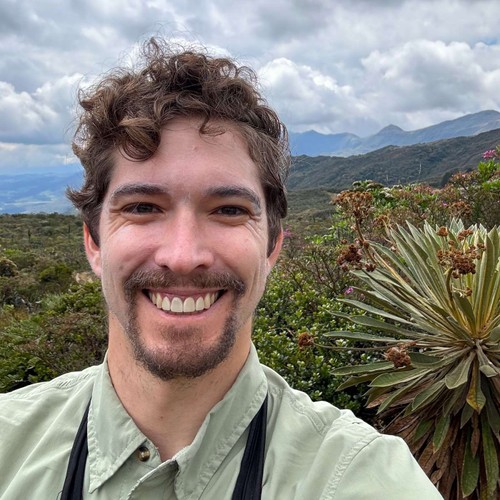
 80,000 Hours Podcast
80,000 Hours Podcast #210 – Cameron Meyer Shorb on dismantling the myth that we can’t do anything to help wild animals
77 snips
Nov 29, 2024 Cameron Meyer Shorb, executive director of the Wild Animal Initiative, dives into the urgent need for wild animal welfare. He reveals the staggering number of wild animals and the unseen suffering they endure from diseases and predation. Shorb discusses innovative interventions, like selective reforestation and vaccinations, highlighting the balance of aiding animals without disrupting ecosystems. He also addresses the ethical dilemmas in wildlife management, urging for a more compassionate approach to research that enhances both animal welfare and ecosystem resilience.
AI Snips
Chapters
Books
Transcript
Episode notes
Selective Reforestation
- Selective reforestation can incorporate wild animal welfare.
- Planting different tree types impacts animal populations, potentially increasing flourishing.
Scale of Wild Animal Sentience
- Wild animals comprise approximately 99% of sentient minds on Earth.
- An impartial ethical view suggests ethics should primarily concern wild animals.
Visualizing Animal Populations
- Visualizing animal populations relative to humans on a quarter reveals their vastness.
- Invertebrates alone could fill a soccer field, highlighting their numerical dominance.






